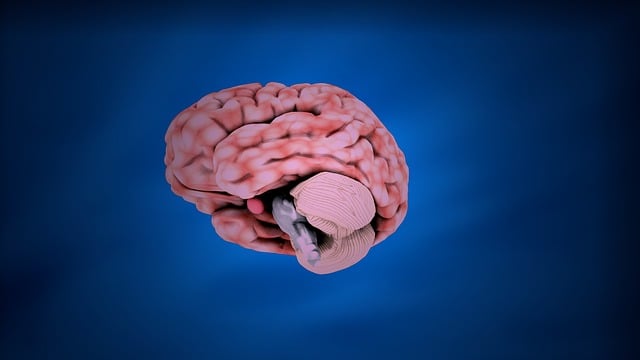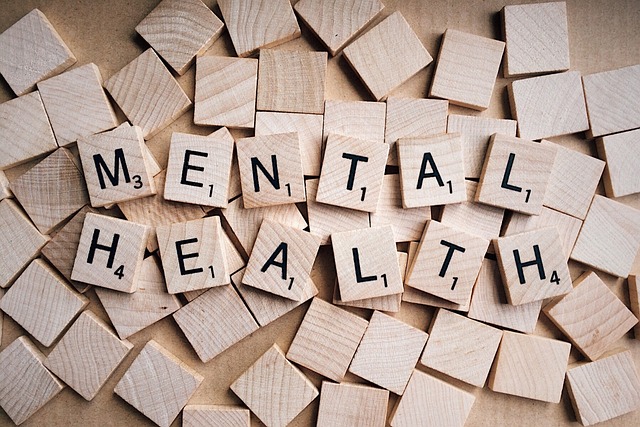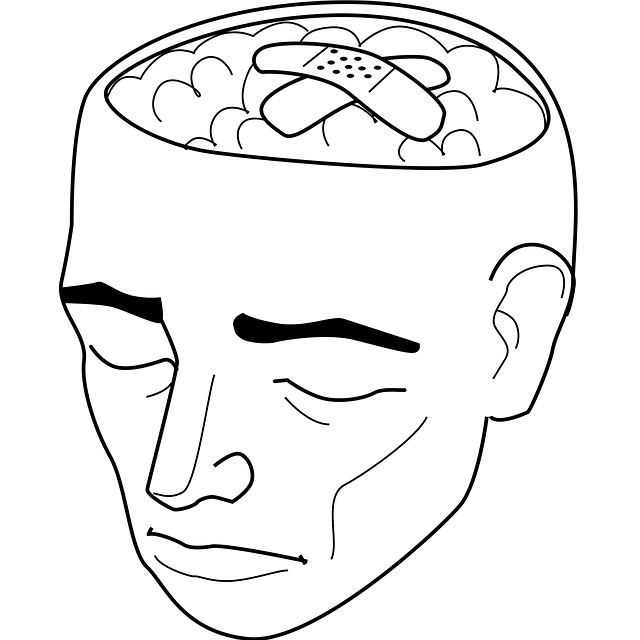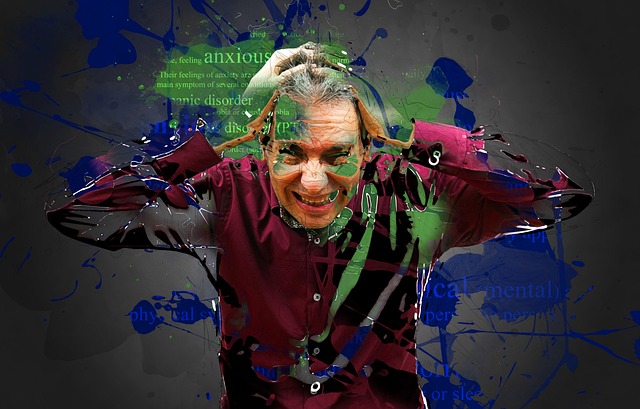Understanding young adult mental health challenges, driven by academic, career, and social media pressures, is crucial when designing effective Cognitive Behavioral Therapy (CBT)-integrated education programs. CBT equips them with coping mechanisms, communication skills, and self-awareness to manage anxiety, depression, and substance abuse. Holistic approaches combining therapy, social skills training, and emotional intelligence development foster resilience in navigating life's challenges. Interactive activities like role-playing scenarios and group discussions enhance knowledge retention and emotional processing, with evaluation methods including standardized tools measuring changes over time, ensuring culturally sensitive mental healthcare practices for therapy for young adults.
“Uncovering effective strategies for mental health education among young adults, this article explores the power of Cognitive Behavioral Therapy (CBT) as a comprehensive approach. With a focus on addressing unique challenges faced by this demographic, we delve into designing an engaging program framework. From interactive activities to evaluation methods, discover how CBT programs can be tailored to foster resilience and well-being. By integrating practical insights, this guide aims to empower educators and professionals in creating impactful therapy experiences for young adults.”
- Understanding Young Adult Mental Health Challenges
- Cognitive Behavioral Therapy (CBT): A Comprehensive Approach
- Designing an Effective Education Program Framework
- Incorporating Interactive and Engaging Activities
- Measuring Success: Evaluation Strategies for CBT Programs
Understanding Young Adult Mental Health Challenges

Understanding Young Adult Mental Health Challenges is a crucial step in designing effective mental health education programs. Young adults often face unique pressures from academic and career expectations, social media comparisons, and financial independence. These stressors can lead to various mental health issues, with anxiety, depression, and substance abuse being among the most prevalent. Incorporating strategies such as Cognitive Behavioral Therapy (CBT) into educational initiatives has proven beneficial in empowering young adults to manage their emotional well-being.
Mental Wellness Coaching Programs Development should focus on holistic approaches that combine therapy with social skills training and emotional intelligence development. By teaching young adults coping mechanisms, communication techniques, and self-awareness strategies, these programs can help them navigate life’s challenges more effectively. Social Skills Training equips individuals with the ability to interact healthily with peers, while Emotional Intelligence initiatives foster self-regulation and empathy, contributing to improved mental wellness.
Cognitive Behavioral Therapy (CBT): A Comprehensive Approach

Cognitive Behavioral Therapy (CBT) is a comprehensive approach to mental health education that has proven effective for young adults seeking therapy. This evidence-based practice focuses on identifying and changing negative thought patterns and behaviors, empowering individuals to take control of their mental wellness. CBT incorporates various techniques, such as journaling exercises and self-care routine development, to enhance mood management skills. By teaching young adults how to recognize and challenge distorted thinking, CBT equips them with the tools necessary for better mental health.
The therapy’s structured guidance helps individuals understand the connection between thoughts, feelings, and behaviors, fostering a deeper sense of self-awareness. This awareness is crucial in navigating life’s challenges and promoting resilience. Through regular practice, such as journaling to track moods and thoughts, CBT encourages consistent reflection and personal growth. Ultimately, this comprehensive approach enables young adults to develop effective coping strategies for managing stress, anxiety, and other mental health concerns, leading to improved overall well-being.
Designing an Effective Education Program Framework

When designing an education program focused on mental health for young adults, a structured framework is essential to ensure effectiveness and engagement. The curriculum should be tailored to address common mental health challenges faced by this demographic, incorporating evidence-based practices like Cognitive Behavioral Therapy (CBT). A balanced approach that educates on both the theoretical aspects of mental wellness and practical coping strategies will empower individuals with self-care tools.
Incorporating Cultural Sensitivity in Mental Healthcare Practice is vital to make sure the program resonates with diverse participants. This can be achieved by including case studies and examples relevant to various cultural backgrounds, ensuring that all young adults feel seen and represented. Additionally, Burnout Prevention Strategies for Healthcare Providers should be woven into the program to support both the educators and the learners, fostering a sustainable learning environment. Integrating Stress Management techniques will further enhance the overall well-being of the participants, allowing them to focus deeply on their mental health journeys.
Incorporating Interactive and Engaging Activities

Incorporating interactive and engaging activities is a pivotal aspect of designing an effective mental health education program for young adults. Gone are the days when traditional lecture-based sessions dominated learning experiences. Today, innovative approaches like role-playing scenarios, group discussions, and hands-on exercises have proven to significantly enhance knowledge retention and emotional processing. These dynamic methods not only break down complex concepts but also encourage active participation, fostering a sense of community among peers facing similar challenges.
For instance, introducing Cognitive Behavioral Therapy (CBT) techniques through interactive games or scenarios allows young adults to apply these principles in real-life contexts. This practical approach complements theoretical knowledge and empowers them to develop effective coping strategies. Moreover, integrating Mind Over Matter principles into activities promotes self-awareness and mastery over one’s thoughts and emotions. This holistic engagement goes beyond mere education, aiming to equip individuals with lifelong tools for mental wellness, as supported by Mental Health Policy Analysis and Advocacy research. To further reinforce learning, incorporating Mental Wellness Journaling Exercise Guidance can provide personalized reflections and tracking of progress, solidifying the connection between practice and personal growth.
Measuring Success: Evaluation Strategies for CBT Programs

Evaluating the success of a Cognitive Behavioral Therapy (CBT) program is crucial for understanding its impact on young adults’ mental health journeys. The measurement process should go beyond mere satisfaction surveys to include diverse evaluation strategies that capture both short-term and long-term outcomes. One effective approach involves using standardized assessment tools tailored to CBT’s specific goals, such as measuring changes in symptoms, cognitive patterns, and emotional regulation skills over time. These tools can be administered pre and post-program, with follow-up assessments conducted periodically to track sustained improvements.
Additionally, incorporating feedback from both participants and therapists contributes to a holistic evaluation. Qualitative data from interviews or focus groups can shed light on the program’s cultural sensitivity, aligning with the principle of Mind Over Matter by addressing individual needs and promoting diverse perspectives in mental healthcare practice. Risk management planning for mental health professionals is also integral; evaluating risk assessment tools and intervention effectiveness ensures the program’s safety and adaptability to different client profiles.
Mental health education programs play a pivotal role in empowering young adults to navigate their emotional well-being. By integrating cognitive behavioral therapy (CBT) principles, these programs can effectively address common mental health challenges faced by this demographic. Through a structured framework and engaging activities, individuals learn valuable coping strategies and gain insights into their thoughts and behaviors. Evaluation of such programs is crucial for measuring success and ensuring the effectiveness of CBT as a powerful tool in enhancing the mental resilience of young adults.














